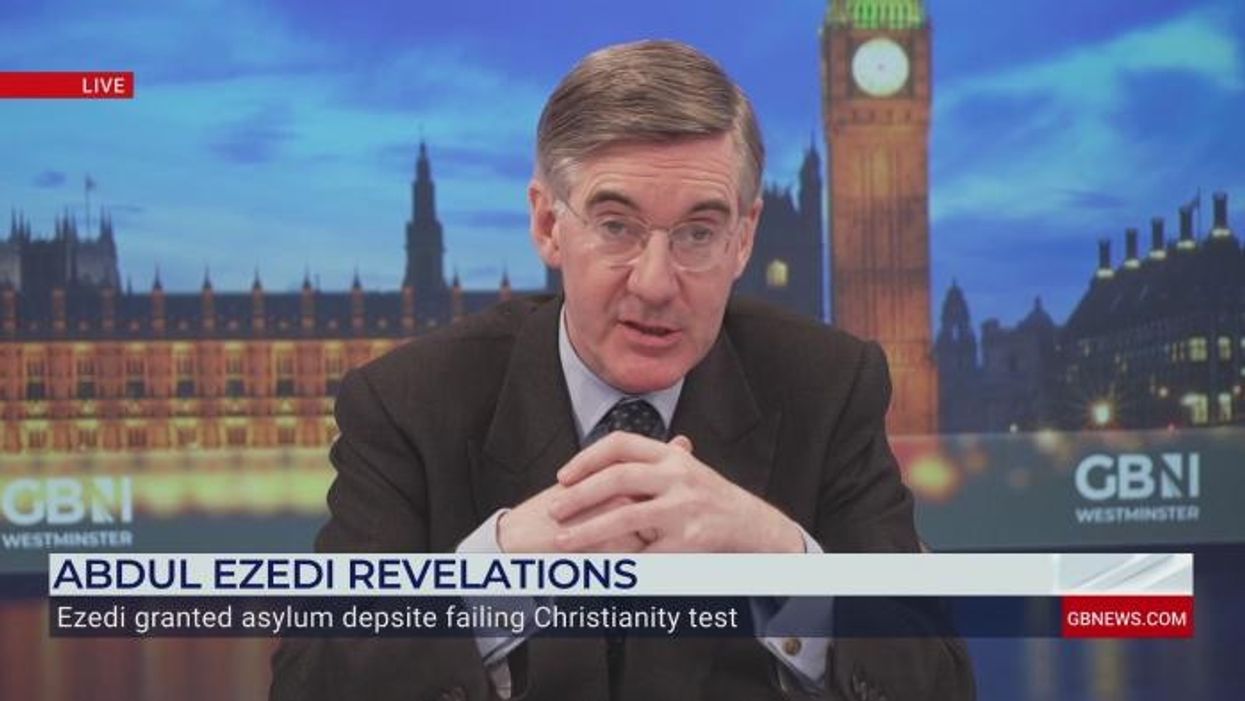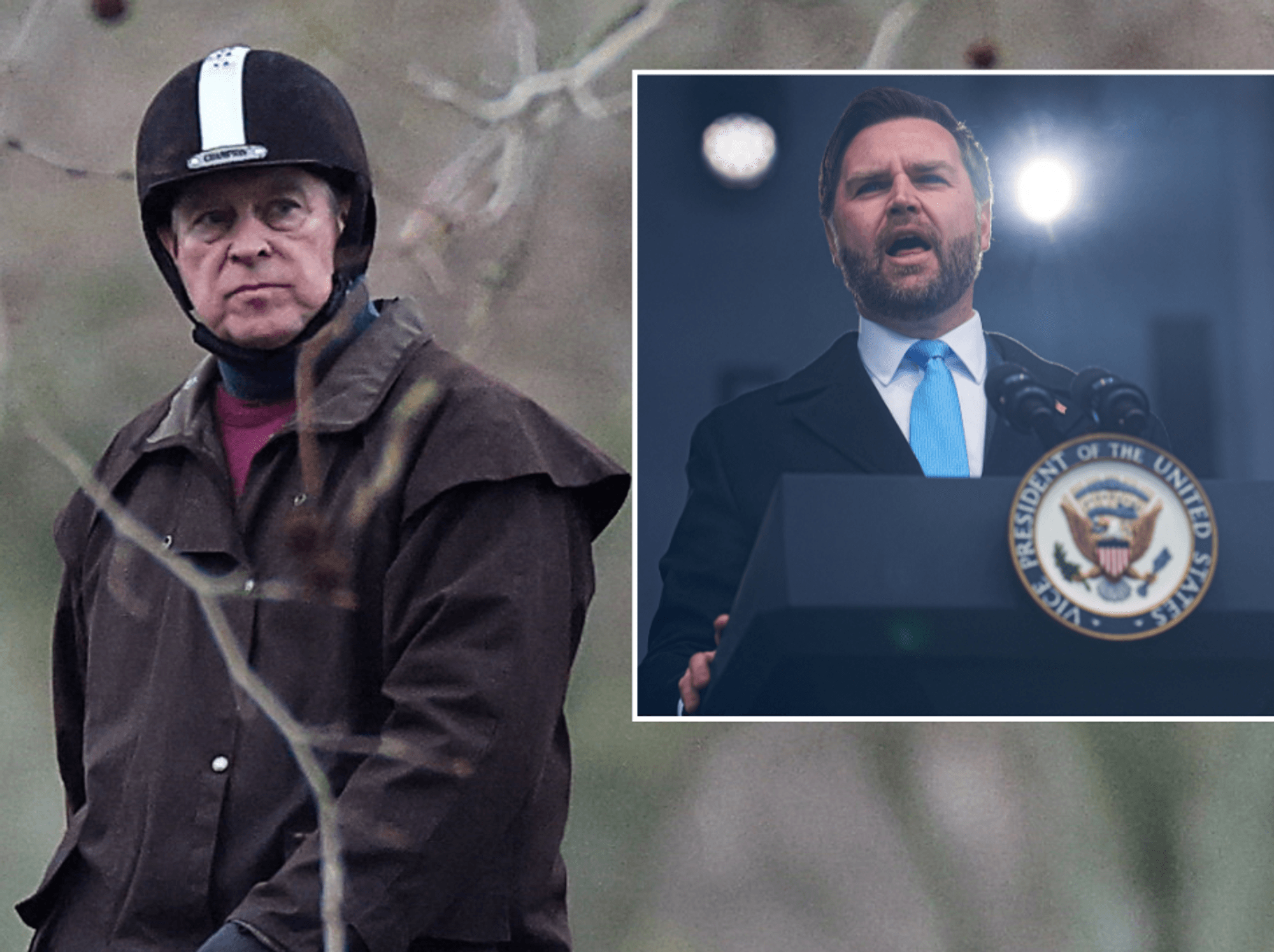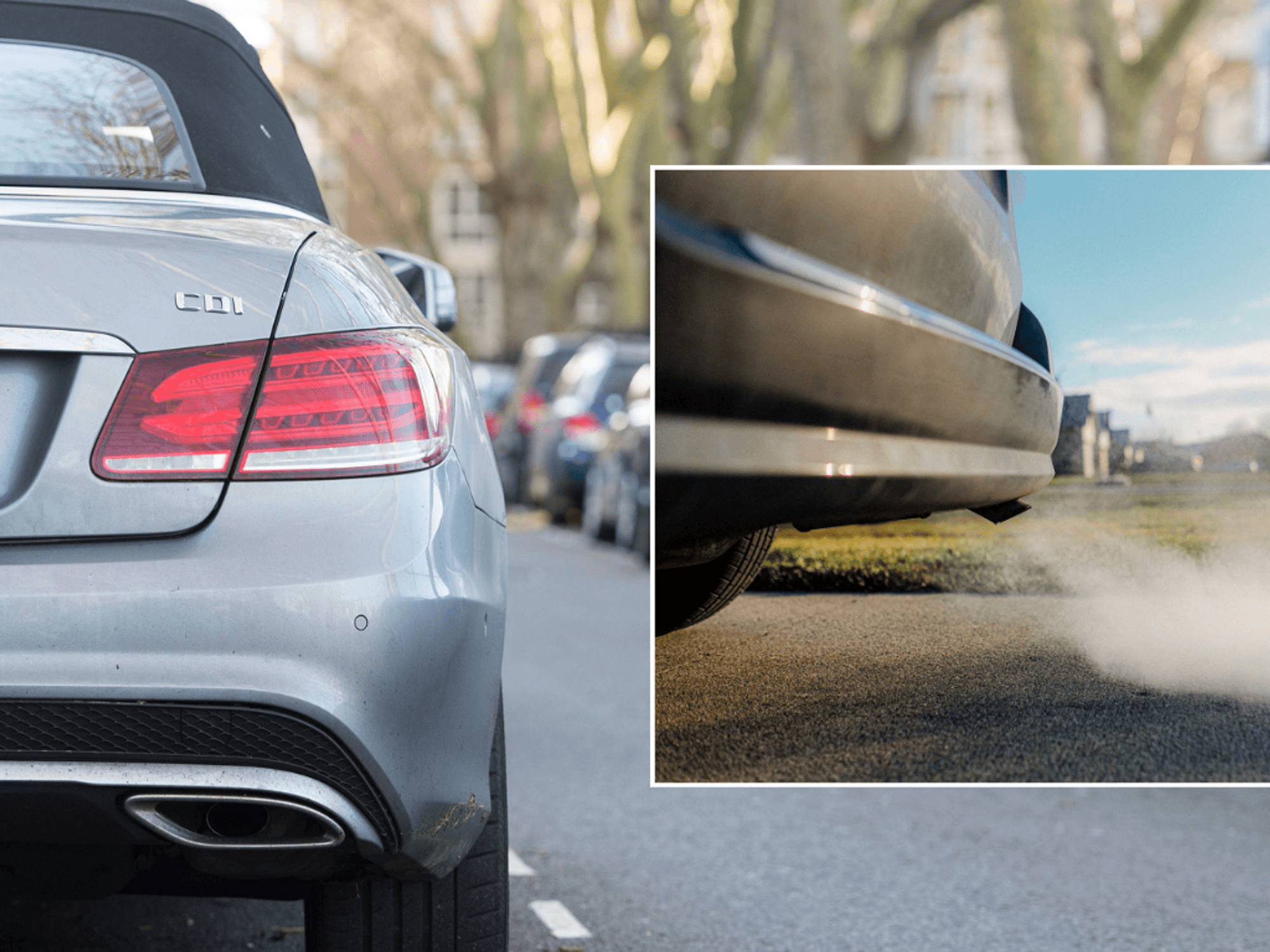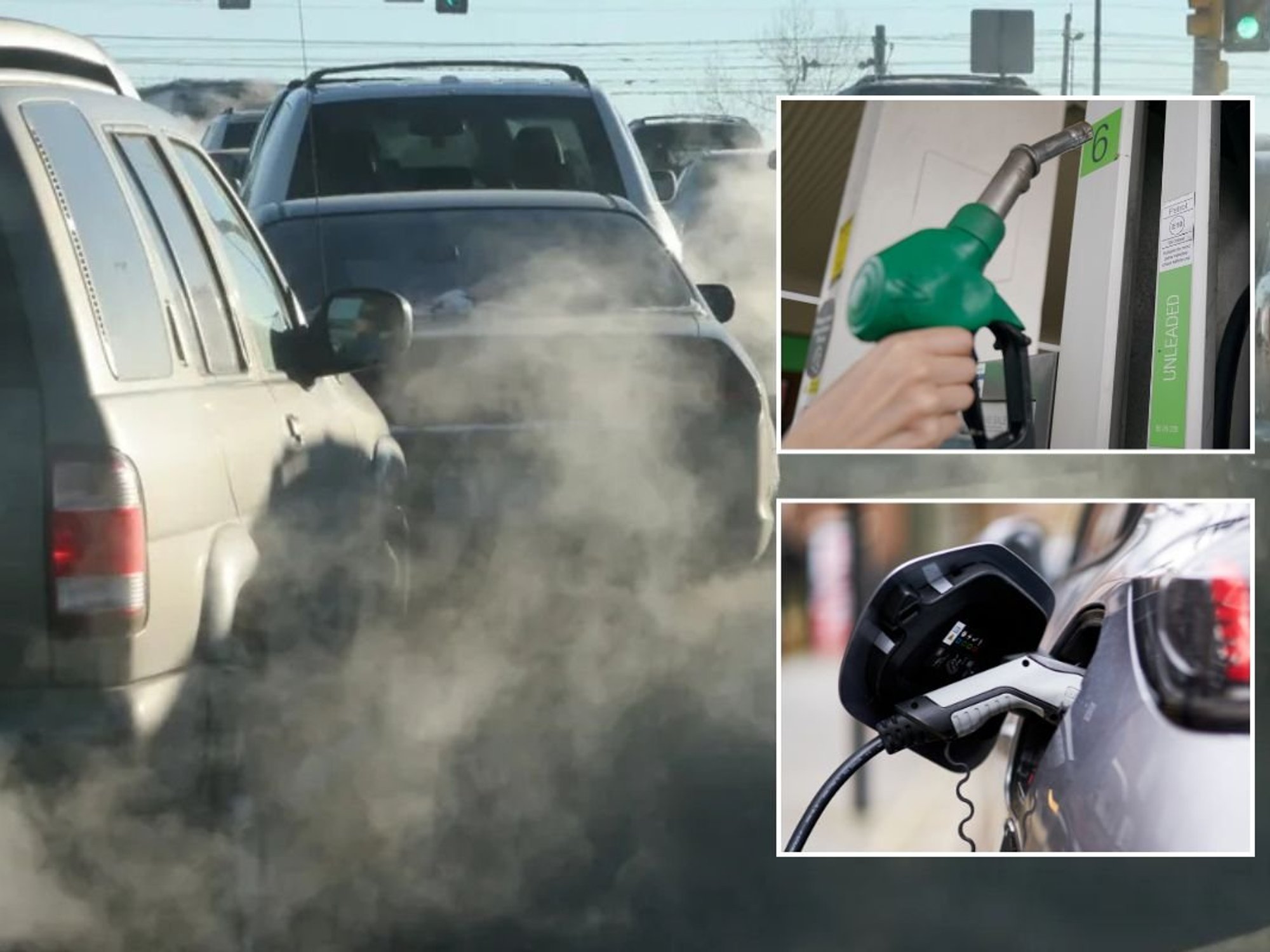BBC tipped to make drastic change to license fee with plan to make wealthy pay MORE for same services

Director-general Tim Davie has announced a number of reforms
Don't Miss
Most Read
Latest
The BBC is tipped to make a massive change to the license fee, introducing a tiered system depending on income.
Director-general Tim Davie has said he is open to a "more progressive" licence fee and revealed the corporation will launch its "biggest-ever consultation process" next year so the public can drive the debate on its future.
The licence fee has been frozen for two years at £159.
However, the Government announced in 2023 it would use a lower rate of inflation to increase the household charge from April to £169.50 a year.
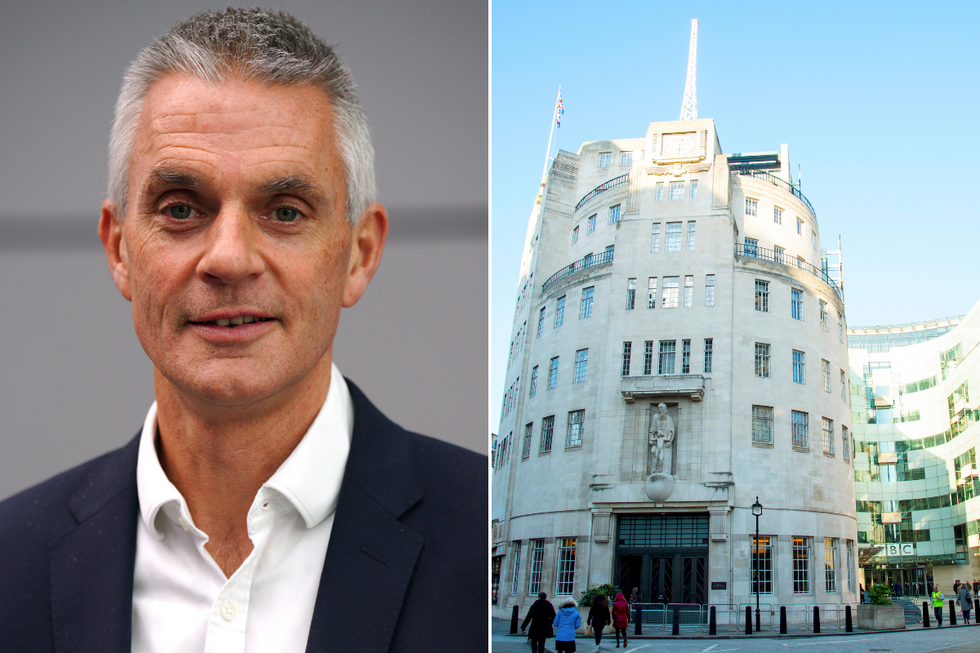
Tim Davie said he is open to a "more progressive" licence fee
|PA
Speaking at a Royal Television Society (RTS) event in London, Davie said: "There is no doubt that the market has changed hugely since the licence fee was introduced and I think it is right to ask fundamental questions about its longevity in a world that is now full of choice…
"We should not create another commercial walled garden or a narrow BBC that provides a niche service for the most hardcore users.
"The very wonder of the BBC is that quality news sits next to genres such as drama and sport, thus ensuring widespread engagement. This is a precious ecosystem."
He added that the corporation is "not defensive about the future" and believes it "will need reform."
LATEST DEVELOPMENTS:
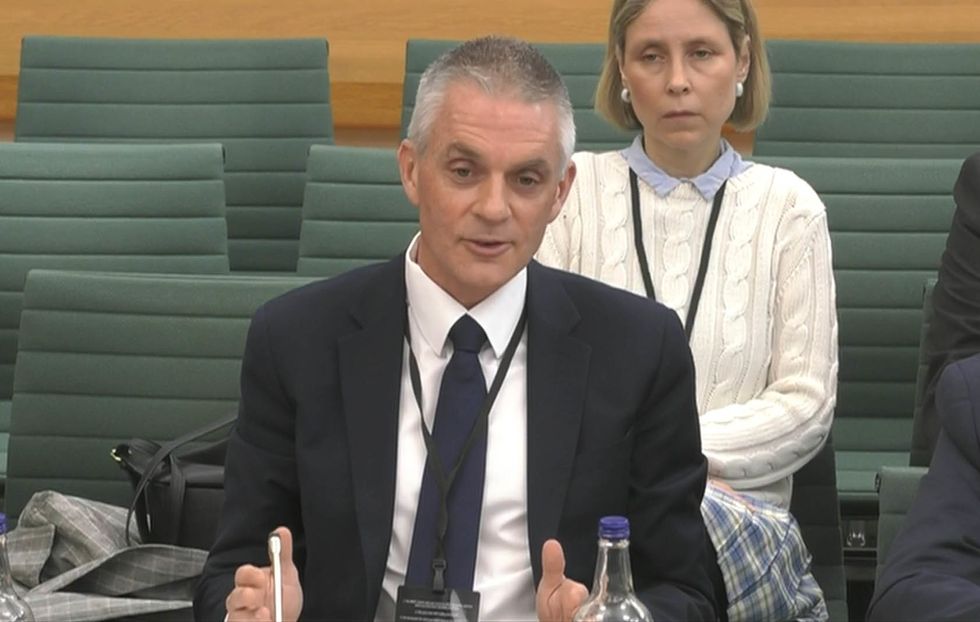
Tim Davie was speaking to the Culture, Media and Sport Committee
|PA
The BBC boss noted that those over age 74 who receive Pension Credit are entitled to apply for a free licence and said he is open to considering who else could receive concessions.
He added: "That doesn’t necessarily imply means testing, there could be a number of ways you could make it progressive. I just think the idea we’re just sitting where we’re at is the wrong one."
It comes as the impartiality of the BBC’s news coverage and some of its presenters has been brought into question over the past year.
On Tuesday, Mr Davie said: "The BBC believes in the fearless pursuit of truth, anchored by the facts, with no political agenda. I set impartiality as our number one priority on taking this job… it was the right decision for the organisation and we need to hold our nerve amidst the storm."
As part of adjustments, he announced BBC Three, the channel which caters to younger audiences, will once again face changes after it was only reinstated in 2022.
Davie said the broadcaster is planning to focus all of its "commissioning, marketing and social media activity" on BBC iPlayer rather than through BBC Three’s linear channel in order to "deliver more value for younger audiences."
The BBC boss also said he feels the corporation should be seeking to make more partnerships with major "tech players" to help fill its funding gaps, like its recent pairing with streaming giant Disney+ for its upcoming Doctor Who series.
Davie added: "The commercial arm can expand enormously… the critical thing is protecting the funding for the UK public service and the World Service to do something that is absolutely driven by the values I’ve talked about."
Speaking to his panel on GB News, Jacob Rees-Mogg said that "television tax has surely passed its sell-by date" and that the main problem with the licence fee is that it has "harmed the broadcaster".
Jacob admitted he has "sympathy" with the BBC, as its revenue has been "static for the last 20 to 30 years".
Jacob explained: "Other people such as Sky, Netflix, which didn't even exist, have been able to grow their revenue into the trillions and become bigger than the BBC, and that if the BBC had freedom to raise revenue, it could be a world-beating organisation rather than sinking into becoming a small national player."
Broadcaster Michael Crick agreed that in the long term the licence fee "couldn't survive", but said the plan is a "good proposal" for the BBC "in the interim", while the authorities sort out what the future funding method is for the next five or 10 years.
Crick said: "The BBC is probably watched more by middle-class people, wealthy people, than it's watched by poor working-class people."
Jacob hit back at Crick, claiming that it would be "ridiculous" for the BBC to know consumer's incomes, and TV watchers can "watch ITV for free, or Sky for a subscription".
In comparison to competing streaming services, Crick said that the BBC's fee is "extremely good value" for its "amazing range of output".
Crick argued: "I support broadly the BBC, it can be wasteful from time to time and in the long term the licence fee won't survive, but this is a fairer system.
"I suppose one way of doing it is saying anybody who pays the higher rate of tax has to pay a higher rate of licence."
Jacob disagreed with Crick's suggestion, claiming it is "monstrous" to charge a consumer a higher rate based on tax.
He fumed: "It's like saying you should pay more for a pint of milk because you've got an income above X, that this is rank socialism of the worst kind! The BBC should go for adverts, subscription, product placement instead, the works."


